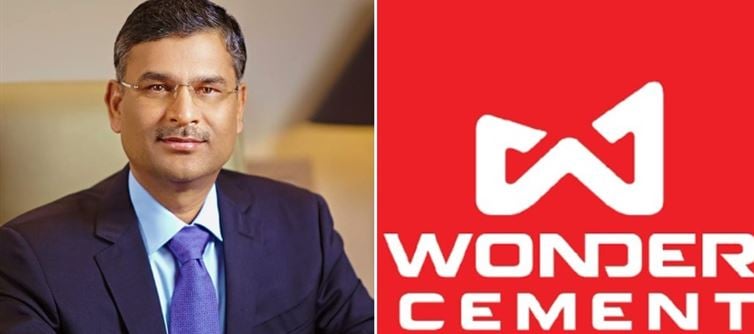
Wonder Cement, which is owned by vimal Patni, a businessman from Rajasthan, has gained not just industrial recognition but also notice recently for its sponsorship of the Asia Cup 2025. But rather than just praising the tournament's business support, critics highlight Patni's political connections, namely his affiliations with the ruling bjp, his purported role in the Sohrabuddin encounter case, and his and his company's contributions to electoral bonds.
Although there is no concrete proof to support the notion, these connections have stoked conjecture regarding whether political factors were taken into account when choices like not canceling the highly anticipated india vs. pakistan match were made.
The notorious Sohrabuddin Sheikh encounter case is the reason for vimal Patni's closeness to political power. Along with prominent bjp leaders including gujarat home minister (now Union home Minister) amit shah, he was one of the people charged by the cbi in relation to the purportedly fabricated encounter. At various points during the trial, Patni and others were eventually granted temporary respite and exonerated. Even while no court decision has conclusively connected him to wrongdoing, these unresolved legal shadows inevitably skew public image.
In the meantime, corporate-to-party fundraising has been masked by the electoral bond system, which was implemented after a cap on corporate donations was removed. According to reports, Wonder Cement is one of the big donors; estimates indicate that their contributions could total up to ₹20 crore, which raises questions regarding influence, access, and quid pro quo.
Although actual policy or event decisions as a result of these links have not yet been demonstrated, critics contend that the combination of legal scars and significant, opaque political donations works to strengthen the connection between corporate interests, political power, and even cultural or athletic endorsements.
Although there is no concrete proof to support the notion, these connections have stoked conjecture regarding whether political factors were taken into account when choices like not canceling the highly anticipated india vs. pakistan match were made.
The notorious Sohrabuddin Sheikh encounter case is the reason for vimal Patni's closeness to political power. Along with prominent bjp leaders including gujarat home minister (now Union home Minister) amit shah, he was one of the people charged by the cbi in relation to the purportedly fabricated encounter. At various points during the trial, Patni and others were eventually granted temporary respite and exonerated. Even while no court decision has conclusively connected him to wrongdoing, these unresolved legal shadows inevitably skew public image.
In the meantime, corporate-to-party fundraising has been masked by the electoral bond system, which was implemented after a cap on corporate donations was removed. According to reports, Wonder Cement is one of the big donors; estimates indicate that their contributions could total up to ₹20 crore, which raises questions regarding influence, access, and quid pro quo.
Although actual policy or event decisions as a result of these links have not yet been demonstrated, critics contend that the combination of legal scars and significant, opaque political donations works to strengthen the connection between corporate interests, political power, and even cultural or athletic endorsements.




 click and follow Indiaherald WhatsApp channel
click and follow Indiaherald WhatsApp channel